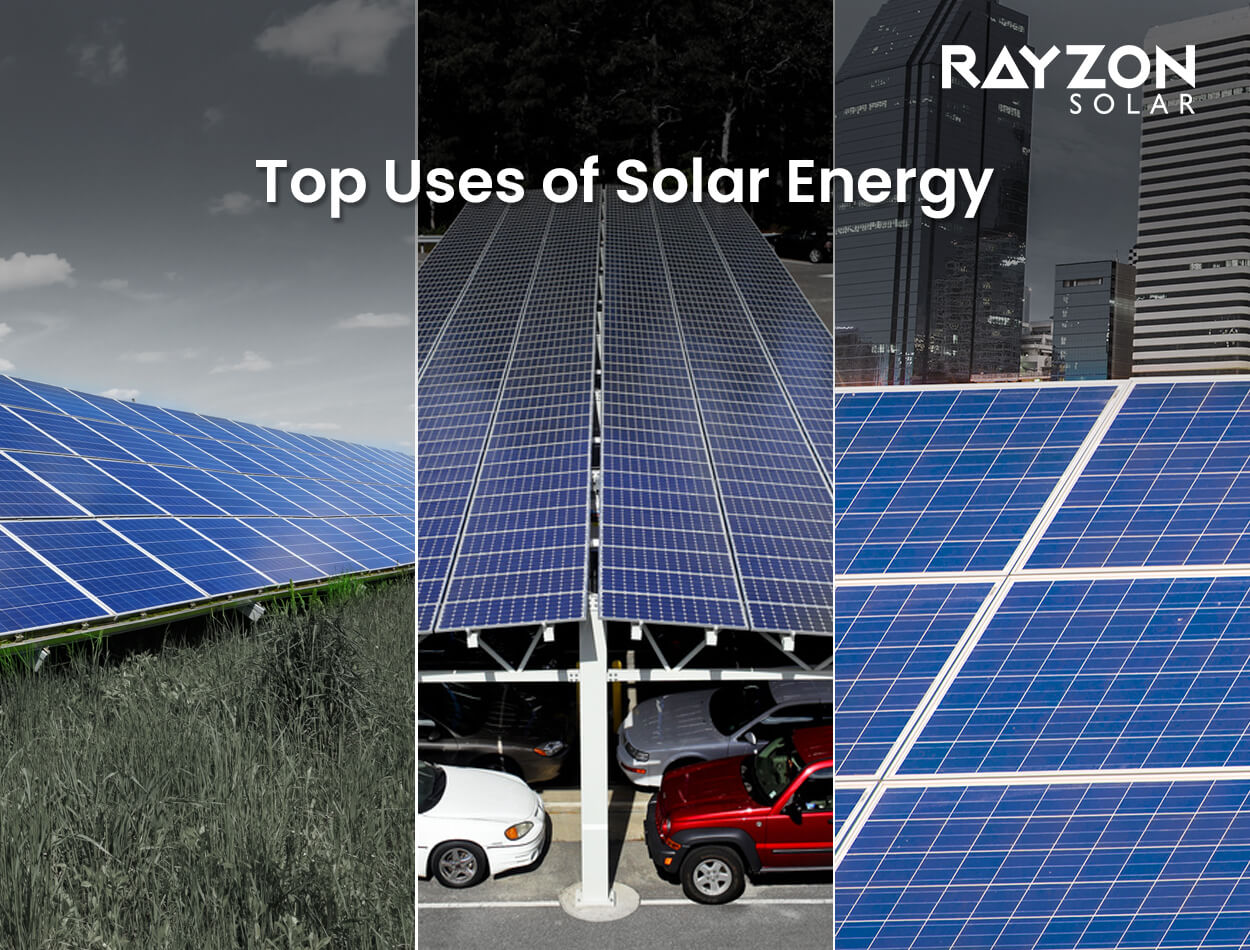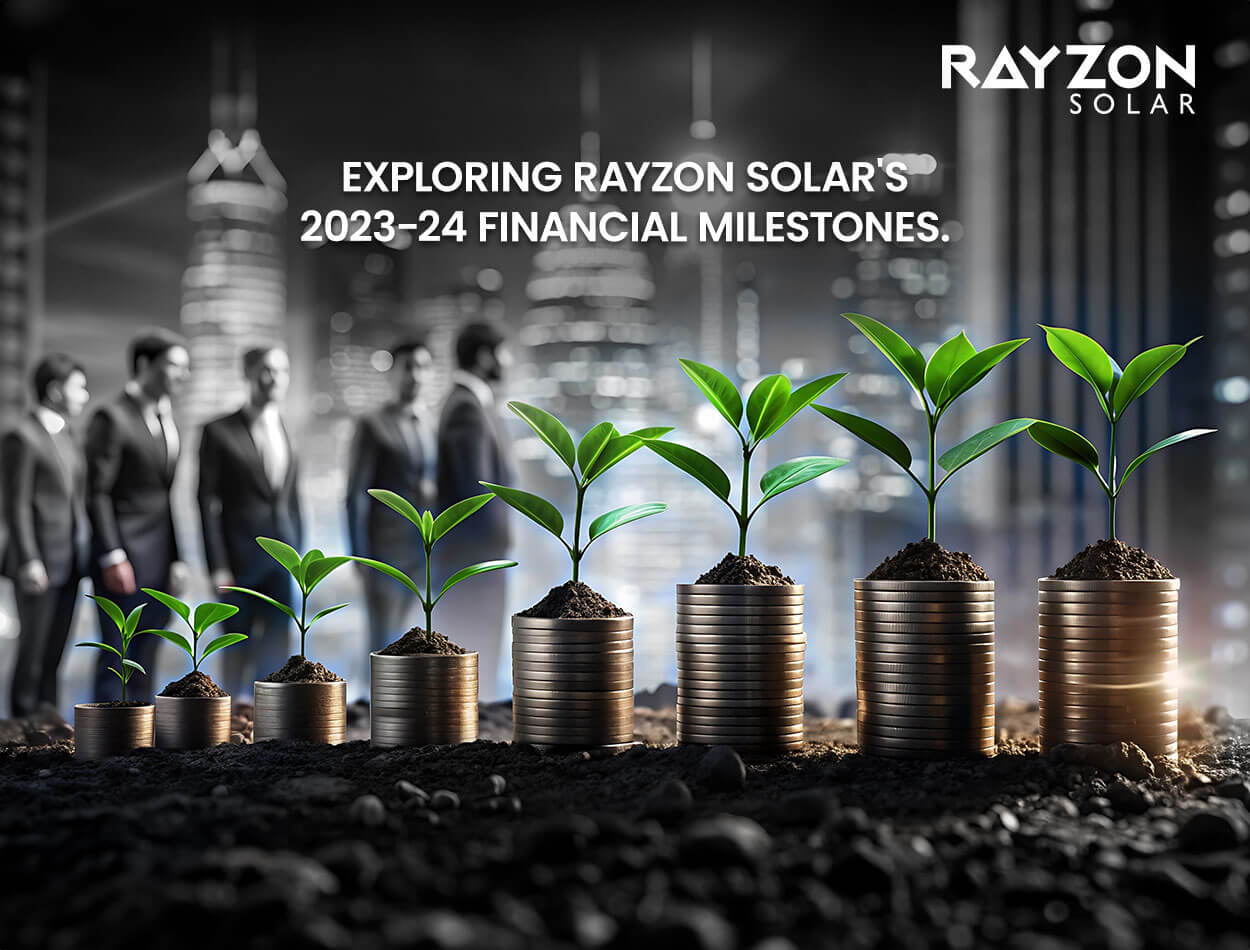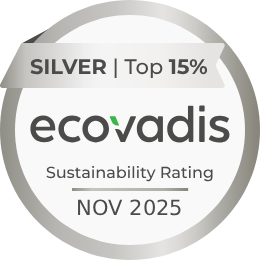
The Future of Energy: Top Uses of Solar Energy
Solar energy has emerged as a leading renewable energy source, transforming how we power our world. From residential rooftops to large-scale industrial applications, the adaptability and sustainability of solar power are revolutionizing energy consumption. In this comprehensive guide, we will explore the best uses of solar energy, highlighting innovative applications and the benefits they bring. Whether it's through the integration of solar panels in homes or the development of cutting-edge solar technology by Rayzon Solar, a Top Solar panel manufacturer in India the potential of solar energy is vast and continually expanding. Join us as we delve into the diverse and impactful uses of this green energy source.
Residential Solar Power
Solar Panels for Homes
One of the most common uses of solar energy is for residential power generation. Homeowners install solar panels on their rooftops to harness sunlight and convert it into electricity. This not only reduces electricity bills but also contributes to a greener environment. Rayzon Solar, a leading solar panel manufacturer, offers some of the best solar panels for home use, known for their efficiency and durability.
Solar Water Heating
Solar water heaters use solar collectors to capture and convert sunlight into thermal energy, which is then used to heat water. This system is highly efficient and can significantly reduce household energy consumption. In regions with ample sunlight, solar water heating systems are a cost-effective and eco-friendly alternative to traditional water heaters.
Read More: Choosing the Best Solar Panels with Rayzon Solar!
Commercial and Industrial Solar Power
Solar Farms
Solar farms, also known as photovoltaic power stations, are large-scale installations of solar panels that generate electricity for commercial and industrial use. These farms contribute significantly to the power grid, reducing reliance on fossil fuels. Rayzon Solar, one of the top solar companies, plays a crucial role in developing and managing solar farms, ensuring the production of clean energy on a large scale.
Solar-Powered Manufacturing
Industries are increasingly turning to solar energy to power their manufacturing processes. Solar panels can be installed on factory rooftops or adjacent land to generate electricity. This not only reduces operational costs but also minimizes the carbon footprint of industrial activities. Companies engaged in solar panel manufacture, such as Rayzon Solar, provide high-efficiency panels tailored for industrial use.
Read More: Rayzon Solar: Leading The Charge In Commercial Solar Solutions
Solar Energy in Transportation
Electric Vehicles (EVs)
The integration of solar energy with electric vehicles (EVs) is transforming the transportation sector. Solar panels can be used to charge EV batteries, making transportation more sustainable. This reduces the dependency on non-renewable energy sources and lowers greenhouse gas emissions. Rayzon Solar is at the forefront of this innovation, providing cutting-edge solar technology to support the growth of solar-powered transportation.
Solar-Powered Public Transport
Solar energy is also being utilized in public transportation systems. Solar panels are installed on buses, trains, and even boats to provide auxiliary power for lighting, air conditioning, and other onboard systems. This reduces fuel consumption and promotes green energy. The adoption of solar-powered public transport is a significant step towards sustainable urban mobility.
Read More: Powering the Future: Solar Energy Meets Electric Vehicles with Rayzon Solar
Agricultural Applications
Solar-Powered Irrigation
In agriculture, solar energy is used to power irrigation systems. Solar-powered water pumps draw water from wells, rivers, or other sources to irrigate crops. This is particularly beneficial in remote areas where access to electricity is limited. Solar irrigation systems help farmers increase productivity while reducing their dependence on diesel-powered pumps.
Solar Drying Systems
Solar drying systems use solar energy to dry agricultural products such as fruits, vegetables, and grains. These systems are more energy-efficient and environmentally friendly compared to traditional drying methods. They help in preserving food quality and reduce post-harvest losses, making them an essential tool for sustainable agriculture.
Read More: Positive Impacts of Solar Energy on Agricultural ROI
Solar Energy in Infrastructure
Solar Street Lighting
Solar streetlights are an excellent example of how solar energy can be integrated into public infrastructure.
These lights are equipped with solar panels
that charge batteries during the day and provide lighting at night. Solar street lighting reduces electricity consumption and maintenance costs while enhancing public safety.
Solar-Powered Buildings
Modern architecture is increasingly incorporating solar energy into building designs. Solar panels are integrated into the building materials, such as windows and facades, to generate electricity. This not only makes buildings more energy-efficient but also aesthetically pleasing. Rayzon Solar, with its expertise in photovoltaic technology, offers innovative solutions for solar-powered buildings.
Off-Grid Solar Systems
Remote Area Electrification
Solar energy is a vital resource for electrifying remote and off-grid areas. Solar panels combined with battery storage systems provide a reliable source of electricity in regions where grid connectivity is absent. This improves the quality of life by enabling access to lighting, communication, and essential services.
Solar-Powered Gadgets
The market for solar-powered gadgets is growing rapidly. From solar-powered chargers and lanterns to portable solar panels for camping, these gadgets provide convenient and sustainable solutions for everyday needs. They are particularly useful in remote areas and during outdoor activities
Solar Energy and Environmental Impact
Reducing Carbon Footprint
One of the most significant benefits of solar energy is its ability to reduce the carbon footprint. By replacing fossil fuels with solar power, we can significantly decrease greenhouse gas emissions. This is crucial for mitigating climate change and protecting the environment.
Promoting Renewable Resources
Solar energy is a renewable resource, meaning it will not deplete over time. By harnessing solar power, we promote the use of renewable resources and reduce our dependence on finite fossil fuels. This is essential for ensuring long-term energy security and sustainability.
In conclusion, Solar energy offers a versatile and sustainable solution for a wide range of applications, from residential power generation to large-scale industrial use and transportation. Companies Rayzon Solar are leading the way in solar innovation, providing high-quality solar panels and solutions to meet the growing demand for renewable energy. With continued advancements in solar technology and supportive government policies, the future of solar energy looks bright. By embracing solar power, we can reduce our carbon footprint, promote energy independence, and build a sustainable future for generations to come.
You Can Also Read This: The History of Solar Energy



